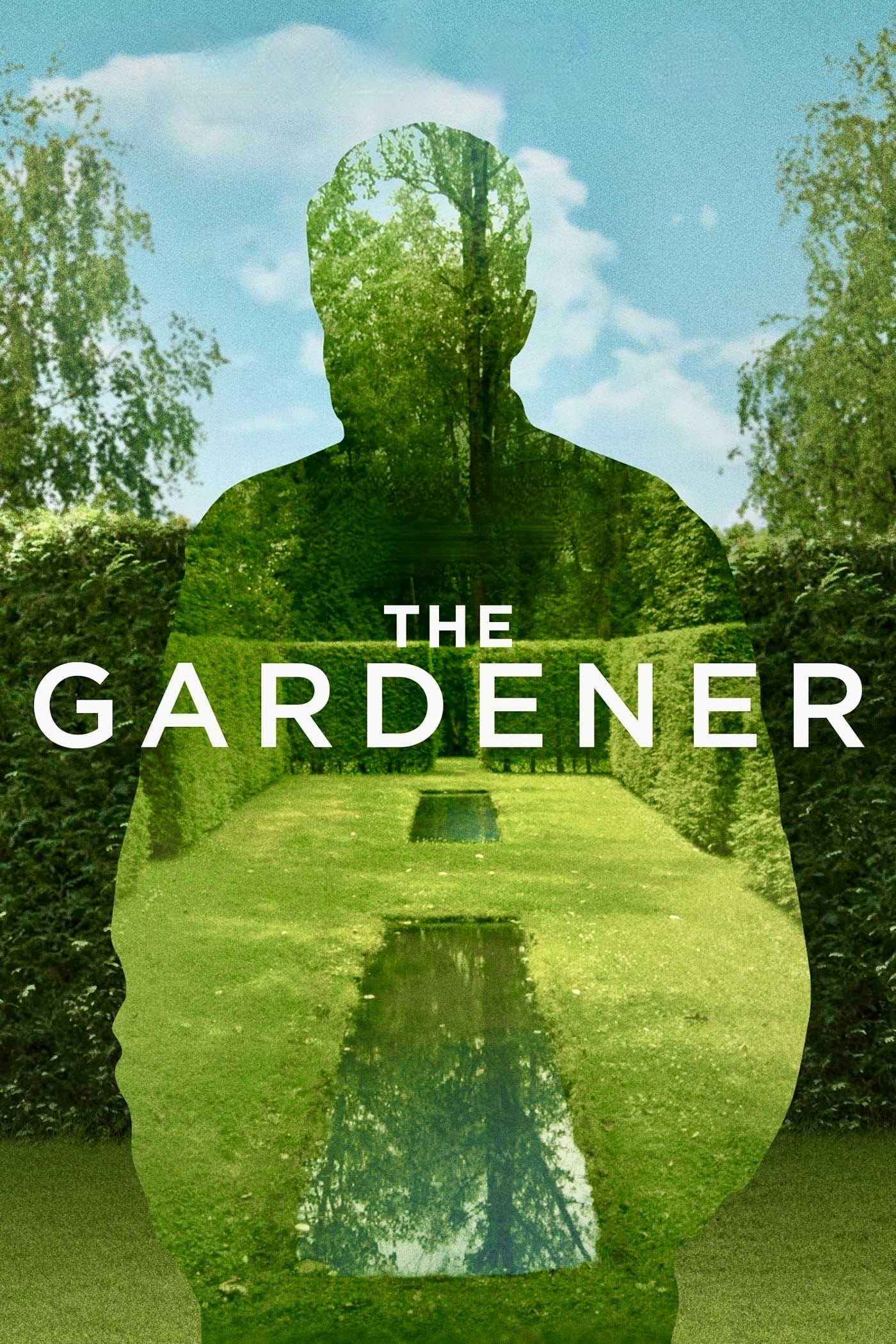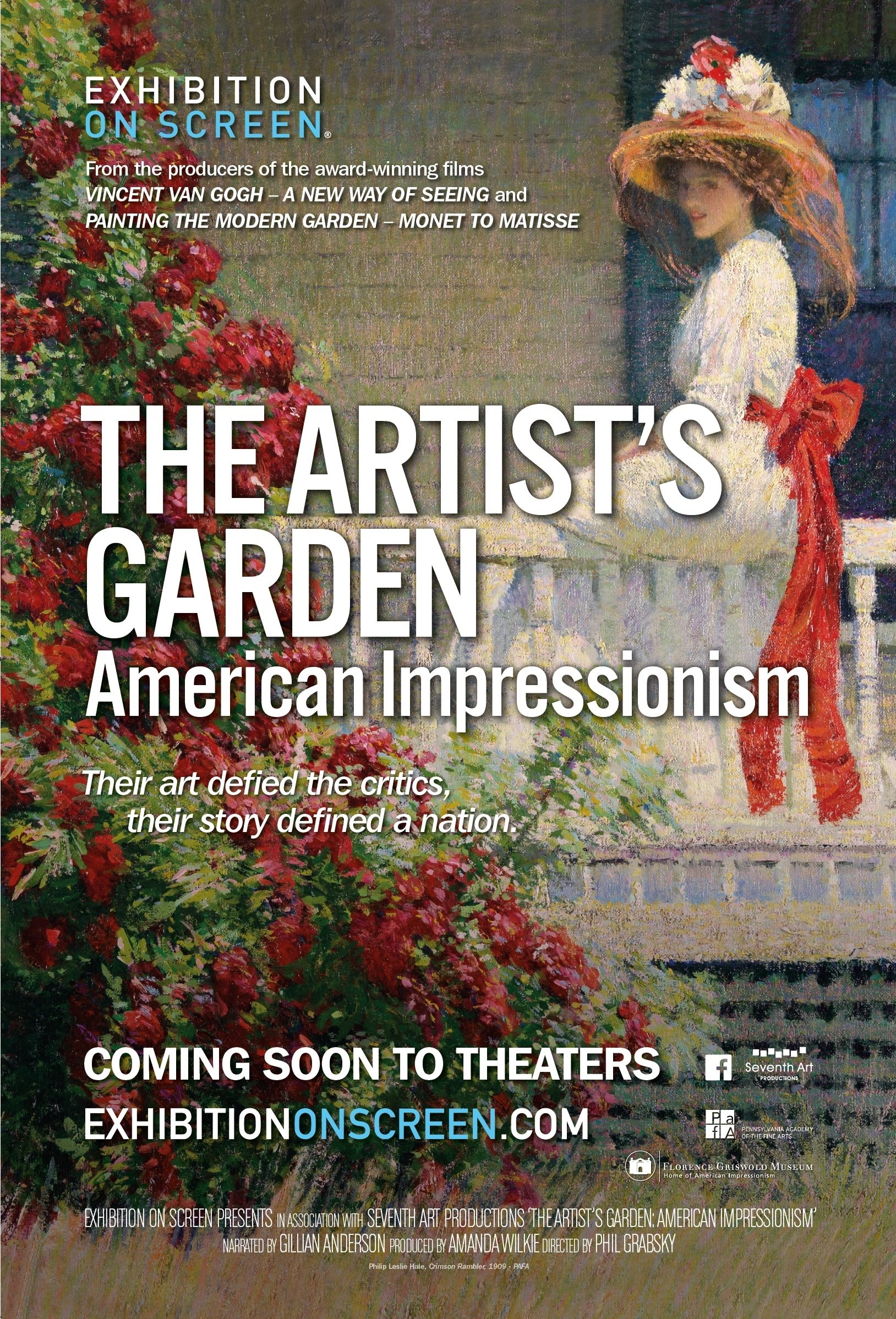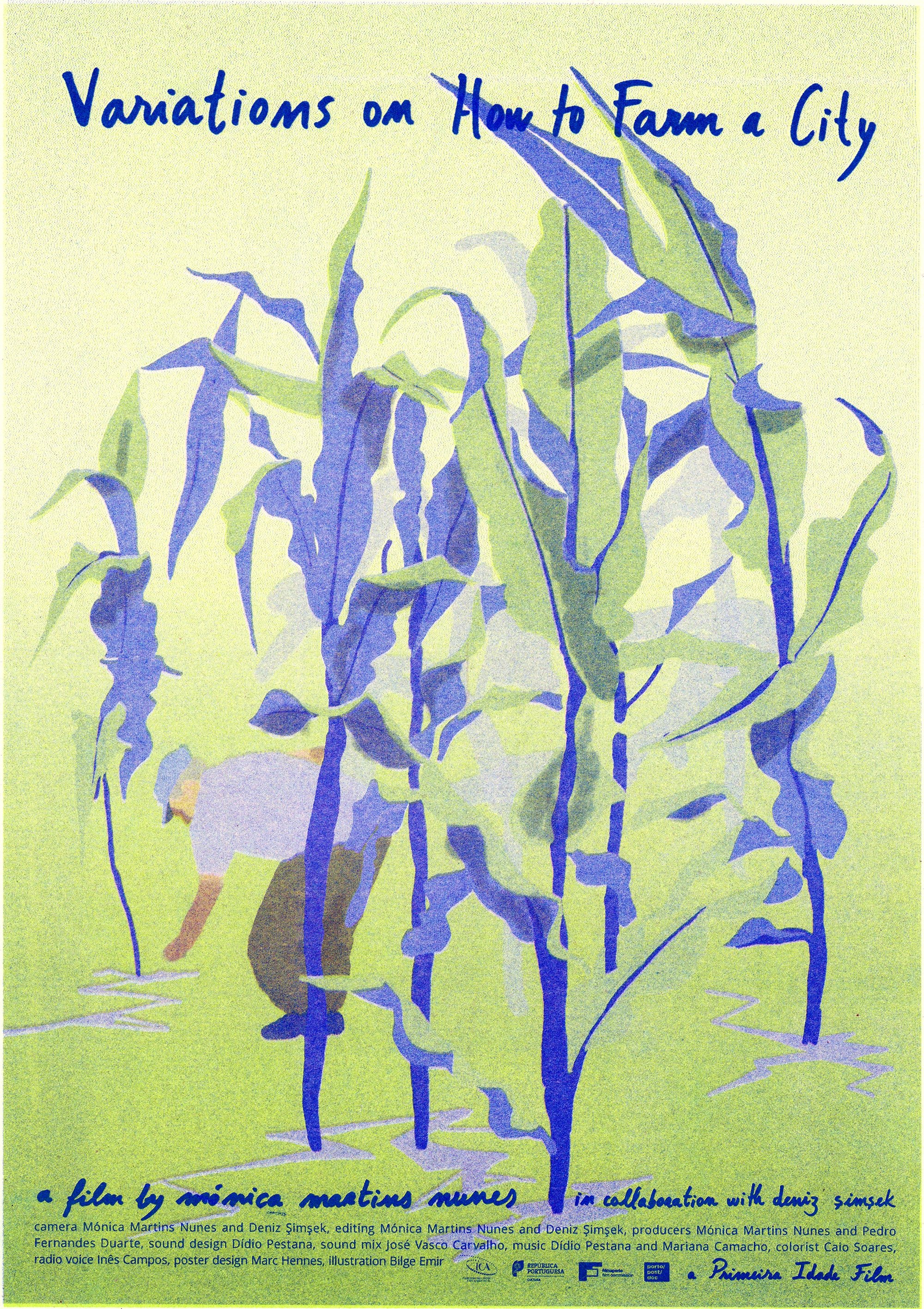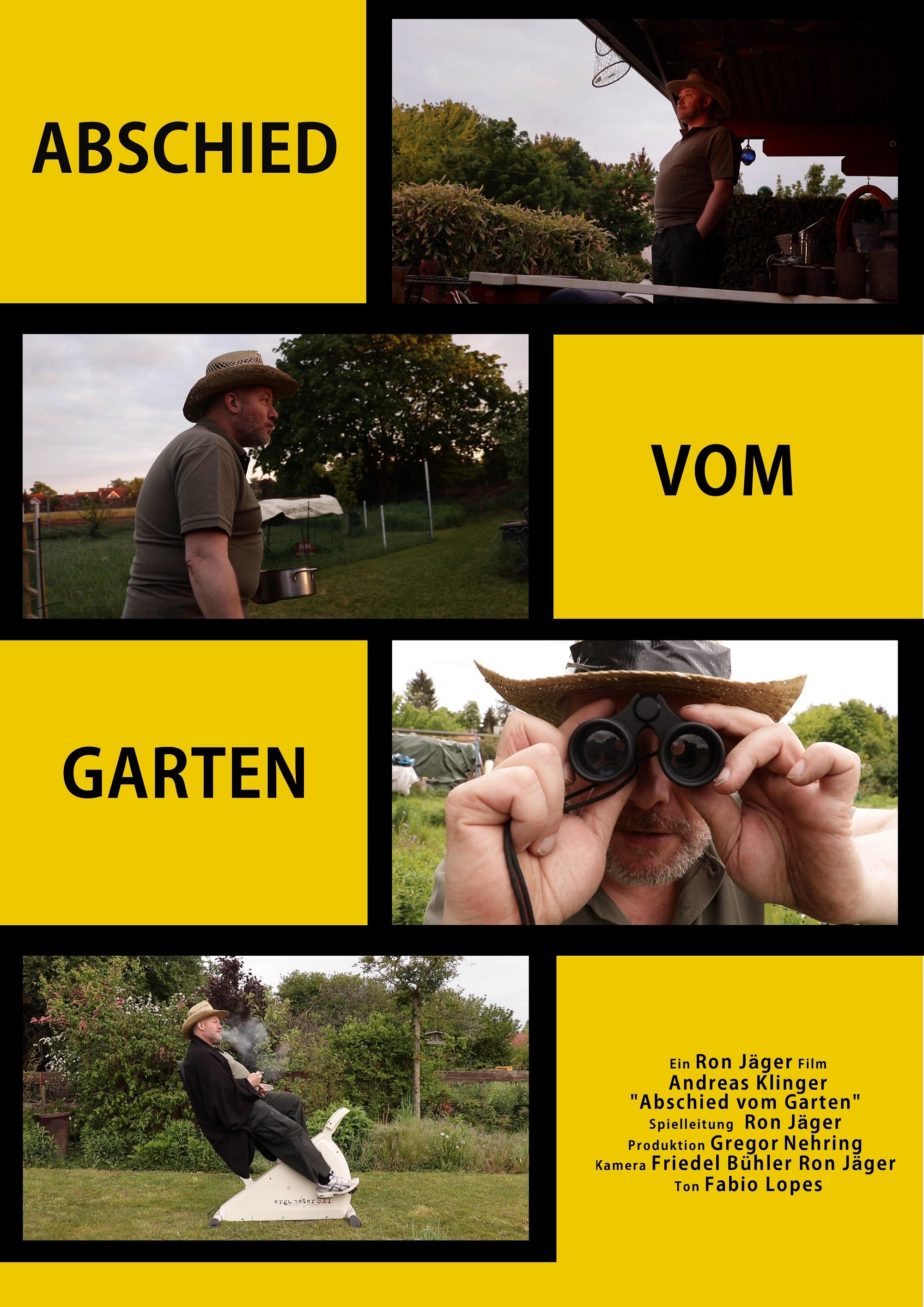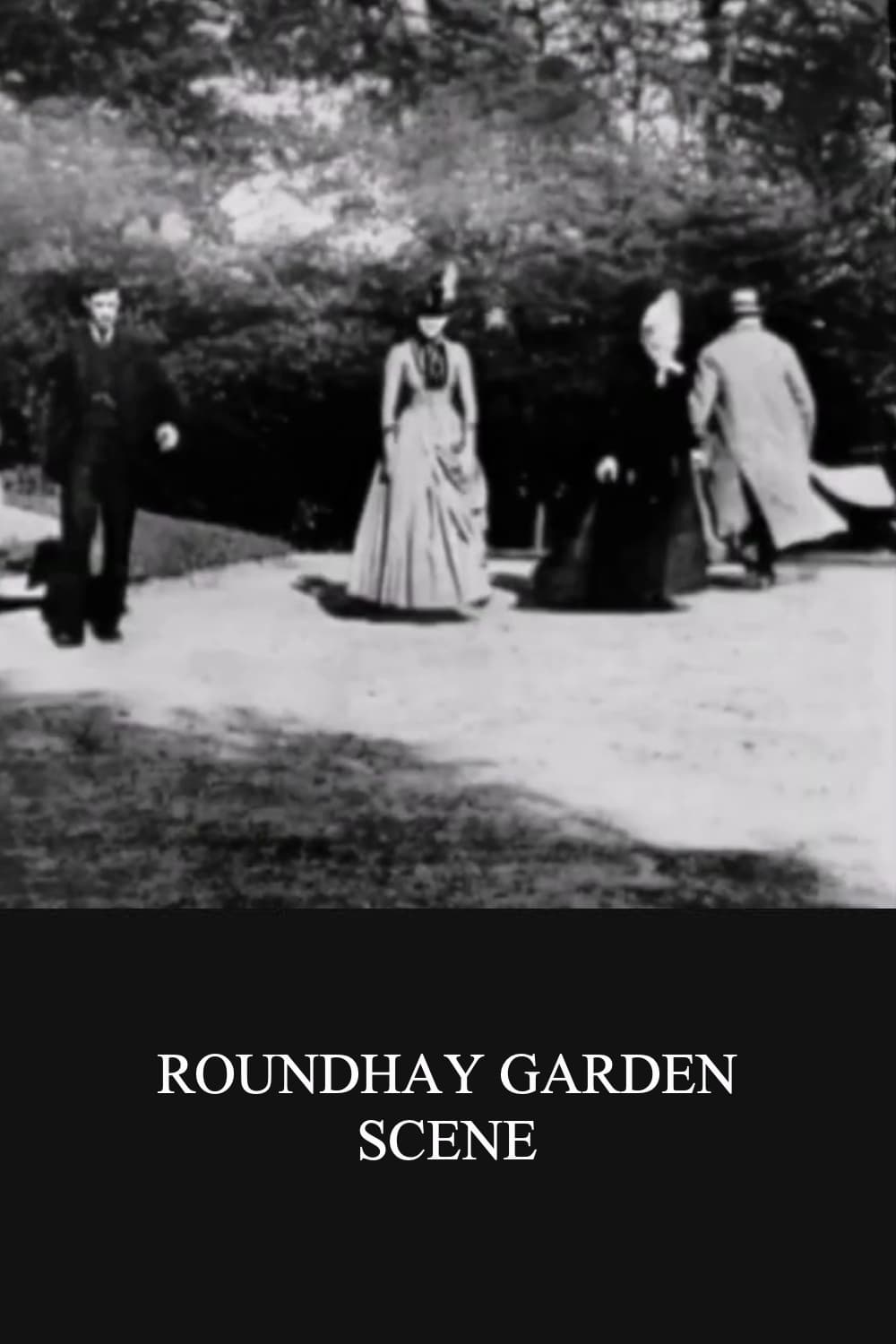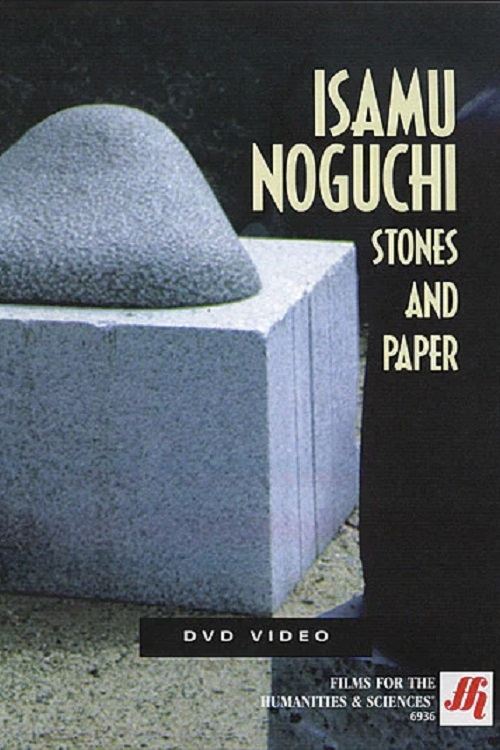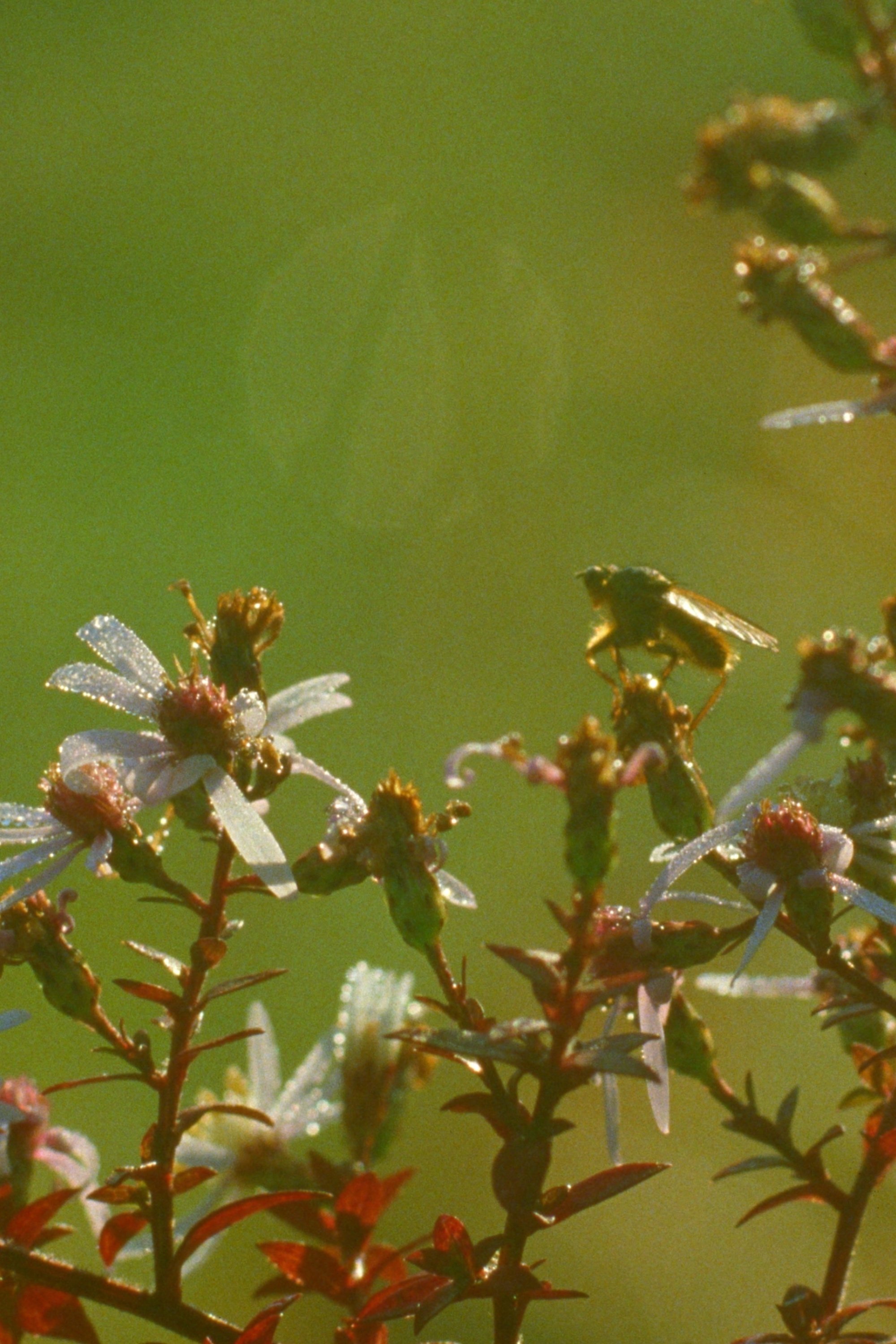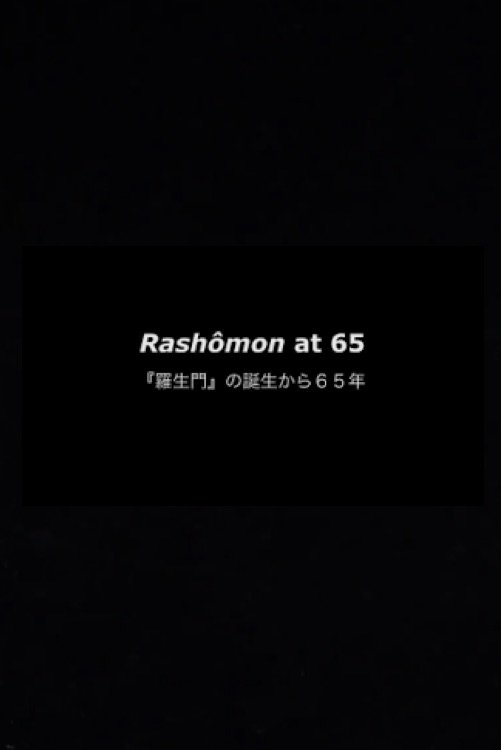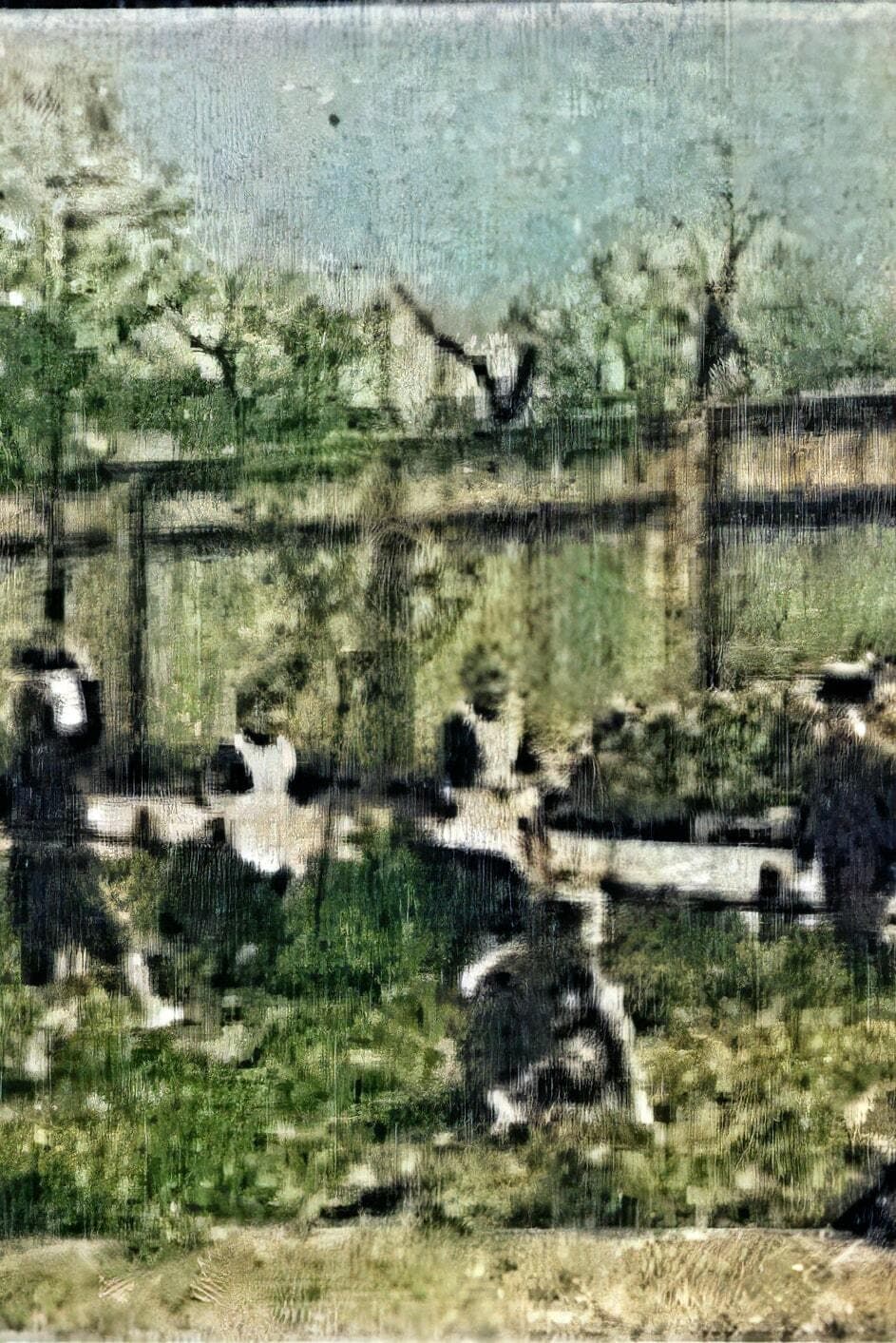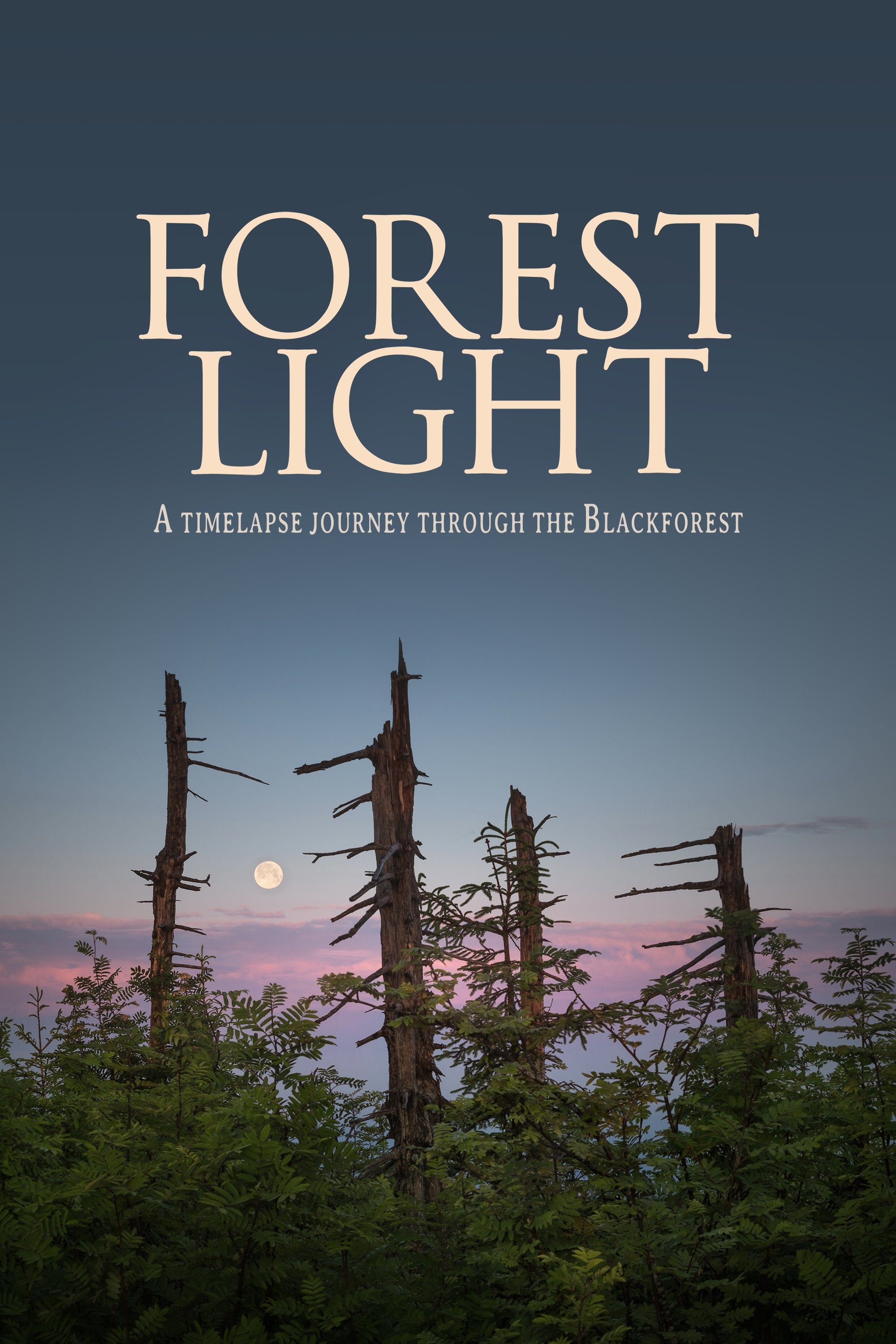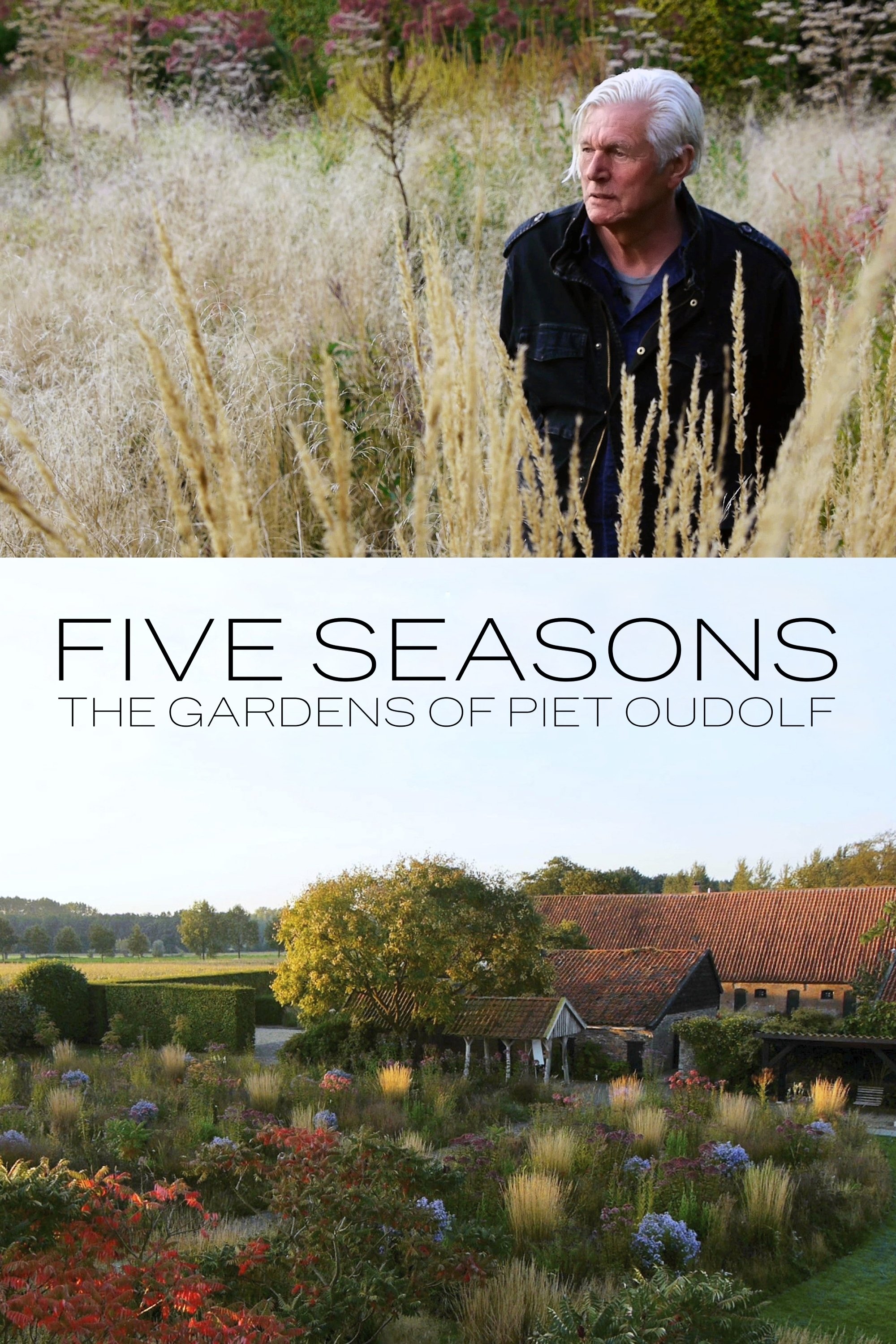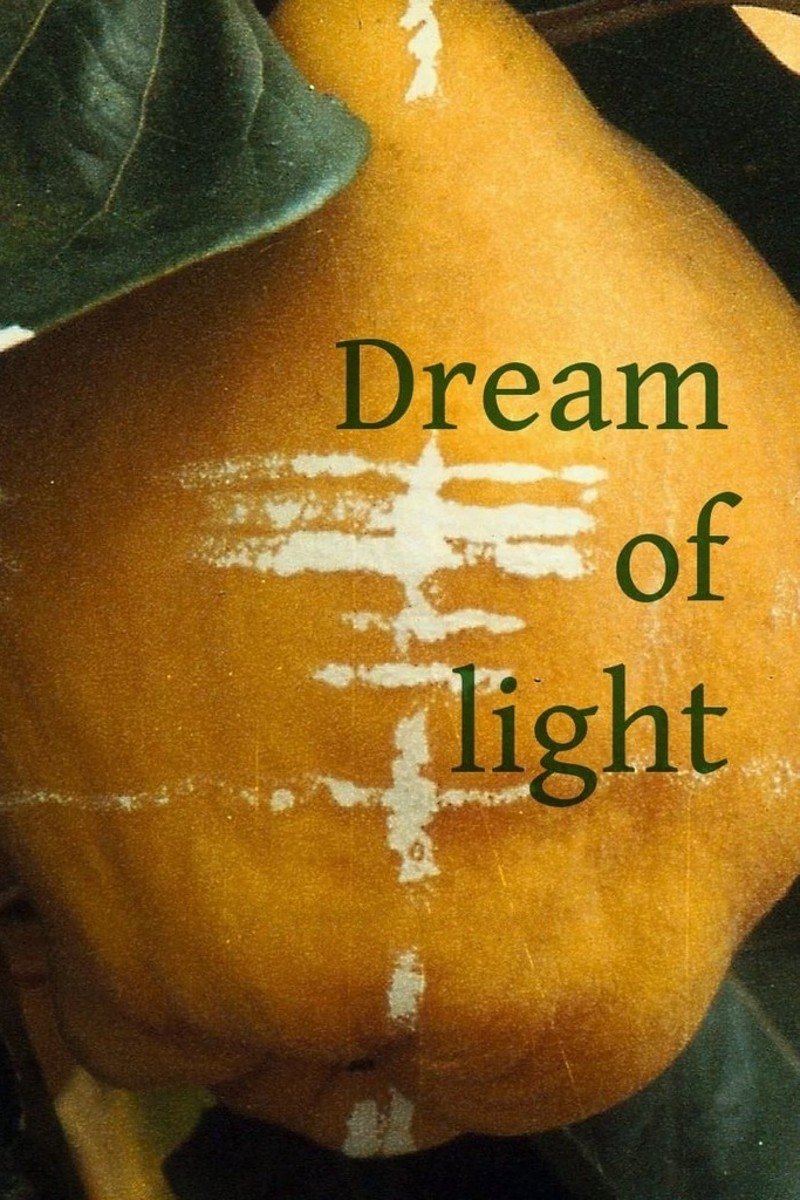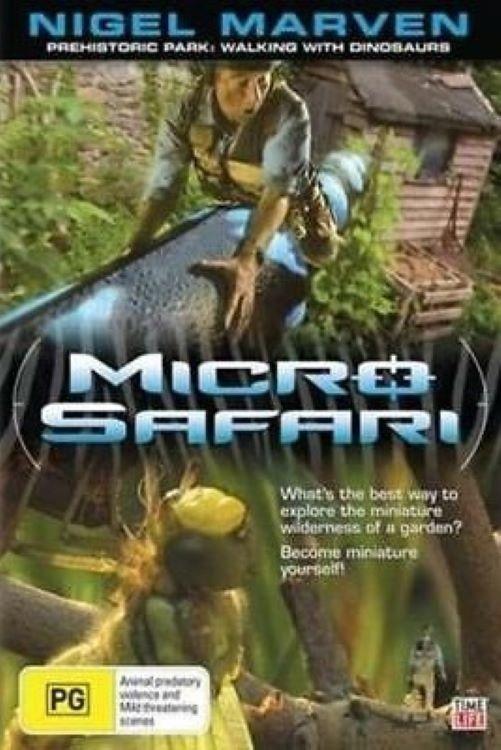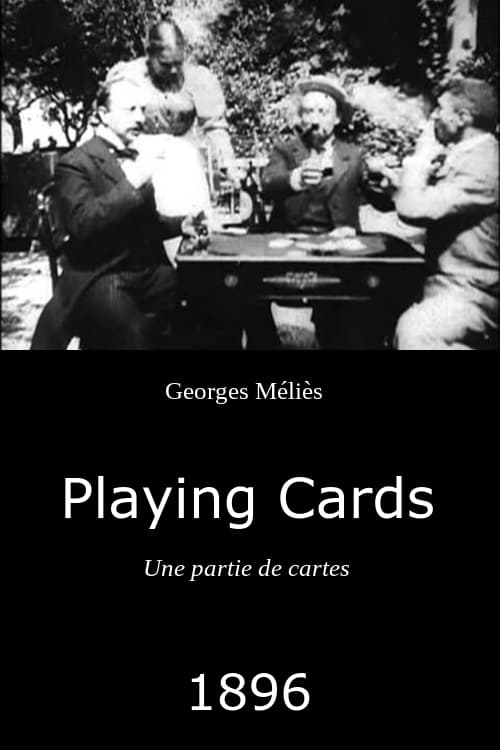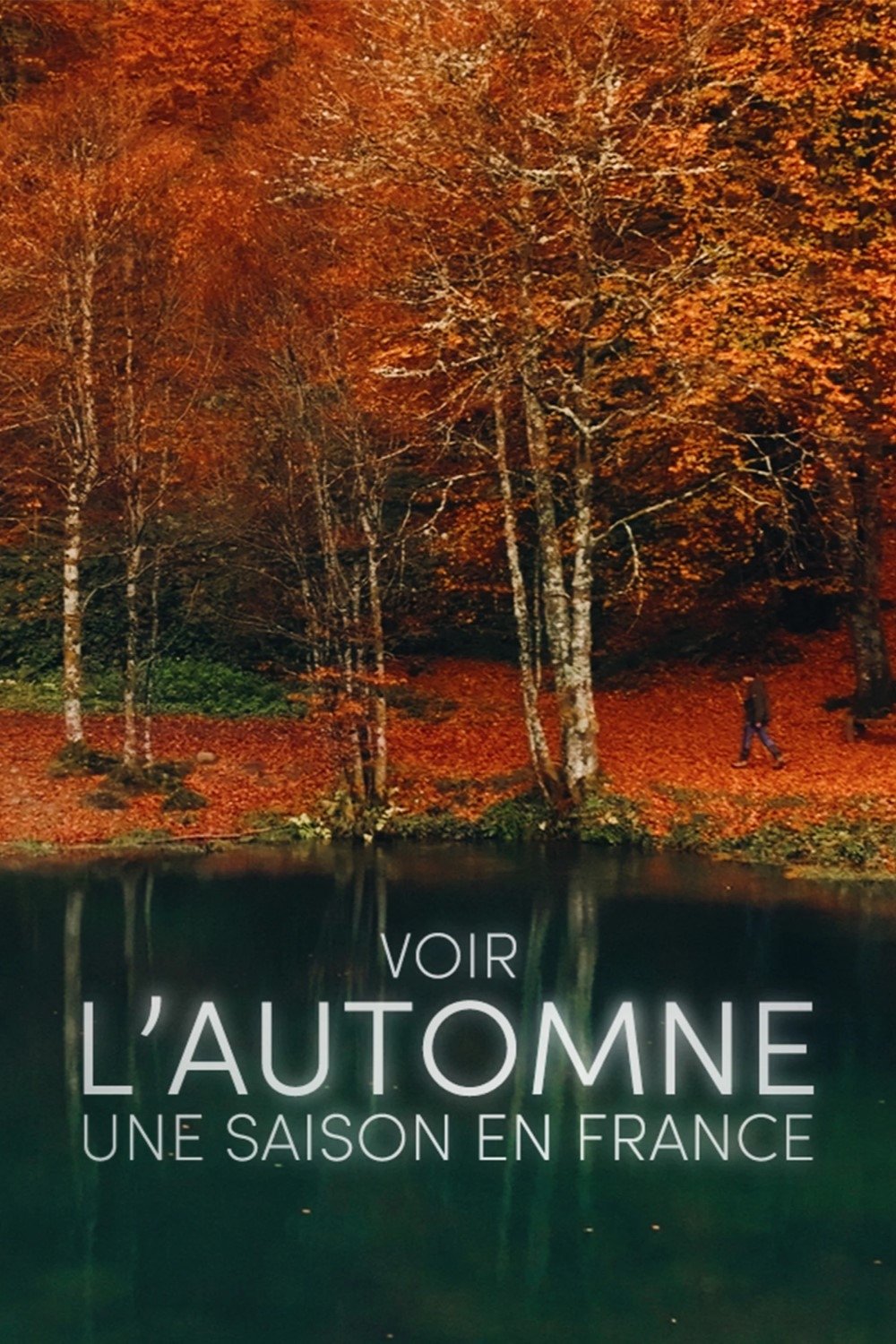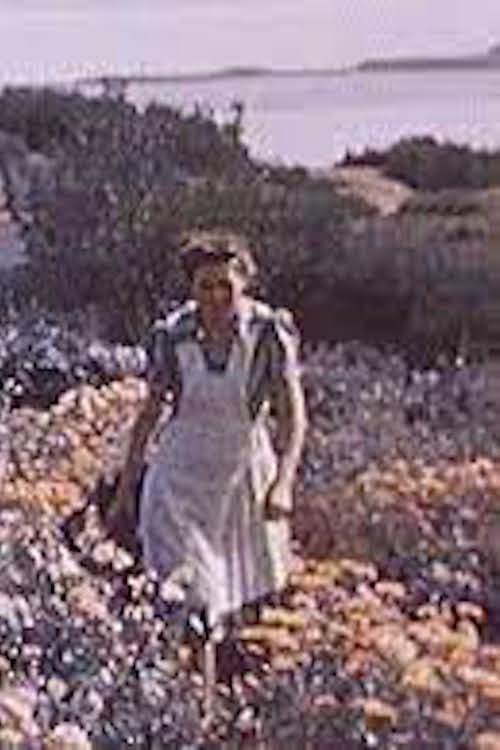Nama Chukei! Nishiki no Aki no Kyoto Daigo no Momijigari
Watch Movie
Share
Nama Chukei! Nishiki no Aki no Kyoto Daigo no Momijigari
2011
00.0(0 votes)
Documentary
Overview
Links & Resources
Social & External
Cast & Crew
12 members
Acting
鹿島綾乃
Self - Host

Acting
松下奈緒
Self

Acting
かたせ梨乃
Self

Acting
矢部健太郎
Self
No Image
Acting
烏賀陽百合
Self
No Image
Acting
吉岡更紗
Self
No Image
Creator
小西雄大
Self
No Image
Acting
小寺里奈
Self
No Image
Acting
水野由紀
Self
No Image
Acting
仲田順英
Self
No Image
Acting
長瀬福男
Self
No Image
Acting
久保田祐佳
Self - Narrator (voice)
No Image
Similar Movies
Recommended Movies

No Recommendations Yet
We're working on finding the perfect movies for you. Check back soon!
More movies coming soon
